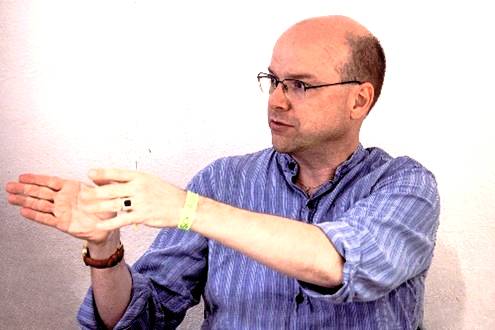Ahead of transform! europe’s public discussion on democratic economic planning in the European Common Space for Alternatives (ECSA), in Marseille 26-28 April 2024, three virtual preparation meetings are being held on Zoom in March and April.
|
Our third meeting will take place on Wednesday 17 April at 7 pm (CET) Please register with Roland Kulke: kulke@transform-network.net |
What do we want to discuss?
Economic planning is high on the agenda!
On 8th April 2024 the Belgian Presidency of the Council of the European Union had organised a full-day conference on the need for future strategic investments in the EU. An interesting discussion took place between the participants on the need for a democratically planned economy on the EU level. The chief economist of the European Investment Bank argued in favour of planning on the EU level for a greater transition. While an economist argued for the return of state-led Keynesian planning à la 1970s, a think tank representative warned that expropriation would end up in communism. Obviously the elite in Europe is nervous, knowing that the neoliberal model ends.
A return to a “strategic state” seems inevitable.
But will this usher a beginning of a democratically managed economy? Is planning done by the masses of workers and citizens, or will it be an enlightened technocracy, supported by the last stage of technological gadgets?
What has the left to say?
Will Big Data finally solve the Socialist Calculation debate in favour of socialist economists, and if yes: So what? Will this inspire a new movement to leave capitalism behind us?
Or is digital technology by itself so strongly rooted in the Californian ideology of tech-bros that it can’t be used anyhow for a struggle to give the planning tools of our economies into the hands of workers and citizens?
In short: What could and should be the role of ITC / digital technologies in our fights for a human-centered and sustainable economy?
Speakers
 Anaïs Fley is a feminist and communist activist based in Paris who co-animates an independent activist media. She studied political sciences and graphic design. In her work and activism, she focuses on ecological planning, women’s struggles, and democracy – in general but also in political organisations. She has been a member of the transform! europe facilitation team since November 2023, where she coordinates the working group on the radical, extreme, and populist right.
Anaïs Fley is a feminist and communist activist based in Paris who co-animates an independent activist media. She studied political sciences and graphic design. In her work and activism, she focuses on ecological planning, women’s struggles, and democracy – in general but also in political organisations. She has been a member of the transform! europe facilitation team since November 2023, where she coordinates the working group on the radical, extreme, and populist right.
 Drew Pendergrass is a PhD candidate in Environmental Engineering at Harvard University. His current research uses satellite, aircraft and surface observations of the environment to correct supercomputer models of the atmosphere. He is co-author of the 2022 book Half-Earth Socialism, and his other environmental writing has been published in outlets including Harper’s, the Guardian, and Jacobin.
Drew Pendergrass is a PhD candidate in Environmental Engineering at Harvard University. His current research uses satellite, aircraft and surface observations of the environment to correct supercomputer models of the atmosphere. He is co-author of the 2022 book Half-Earth Socialism, and his other environmental writing has been published in outlets including Harper’s, the Guardian, and Jacobin.
 Walther Zeug is a researcher at the Helmholtz-Centre for Environmental Research (UFZ) in Leipzig, topic environment and society at the department of bioenergy/bioeconomy. Long term research interests are political economy and ecology, inter- and transdisciplinary sustainability research and sustainability analysis & assessments.
Walther Zeug is a researcher at the Helmholtz-Centre for Environmental Research (UFZ) in Leipzig, topic environment and society at the department of bioenergy/bioeconomy. Long term research interests are political economy and ecology, inter- and transdisciplinary sustainability research and sustainability analysis & assessments.
 Moderator
Moderator
Roland Kulke is transform! europe representative in Brussels, facilitator of its working group ‘Productive Transformation’ and coordinator of the ‘Economic Advisory Board’ of the European Left Party.
Please join us next Wednesday, 17th April, 7pm online, to discuss with us!
To register, send an email to Roland: kulke@transform-network.net.
Our former preparatory meetings:
The Need for “People’s Planning” – Why We Need Democratic Economic Planning
